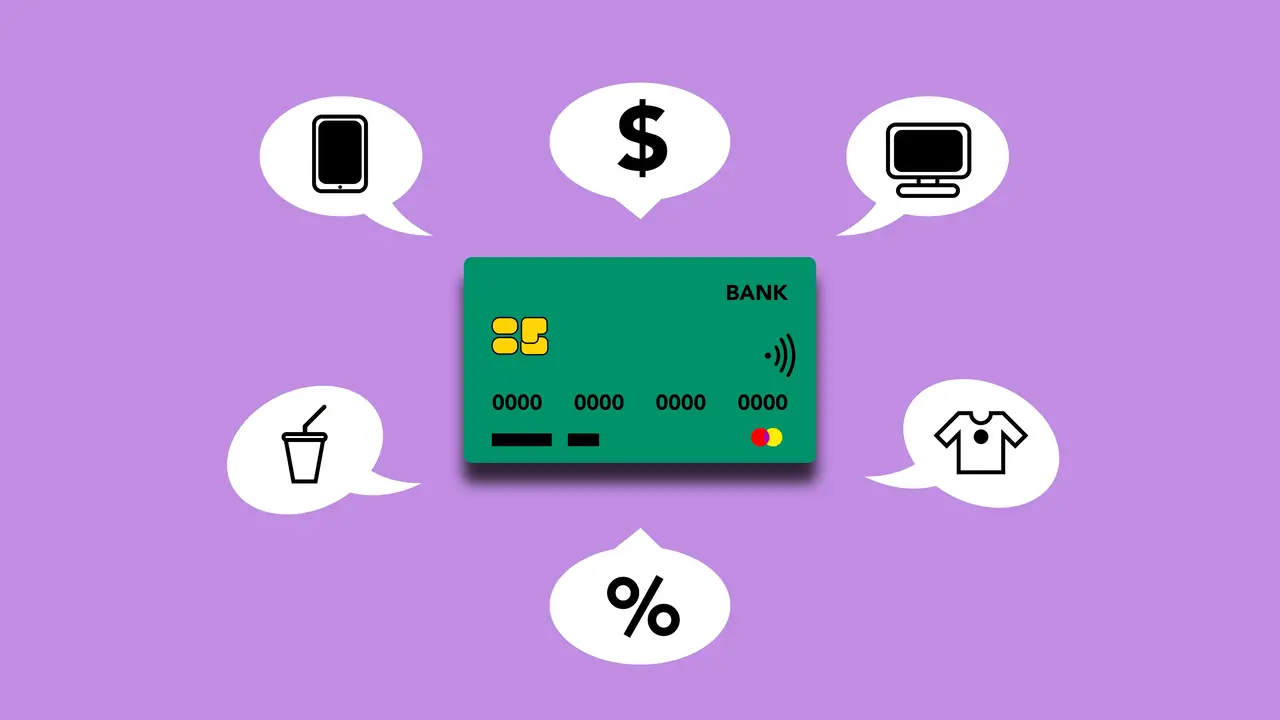AI in Healthcare: 4 Game-Changing Applications
- 29 September 2023
While AI has been around for a while, it's only recently that its applications have become more widespread and accepted in the healthcare industry. From improved diagnostics and patient monitoring to personalized treatments and drug discovery, AI is revolutionizing the way we approach healthcare. Discover the 4 most impactful applications of AI in healthcare today in this blog post!
Health Assistants/Chatbots
Healthcare is one of the most rapidly changing industries, and artificial intelligence (AI) is playing a major role in its transformation. Here we explore the most impactful applications of AI in healthcare.
1. Health Assistants/Chatbots
One of the most impactful applications of AI in healthcare is health assistants or chatbots. These digital assistants can help patients manage their health by providing information and support on everything from diet and exercise to mental health and chronic disease management.
Health assistants are already making a difference for patients around the world. In one study, patients who used a chatbot reported significant improvements in their ability to manage their diabetes. In another study, patients who used a chatbot for depression felt more supported and had better symptom control than those who didn’t use a chatbot.
2. Predictive Analytics
Another important application of AI in healthcare is predictive analytics. Predictive analytics uses data mining, machine learning, and artificial intelligence to analyze current data sets and make predictions about future trends.
Predictive analytics is being used in a variety of ways in healthcare, including identifying at-risk patients, improving population health management, and reducing hospital readmissions. In one study, predictive analytics was used to identify patients at risk for 30-day hospital readmissions. The results showed that the predictive model was able to accurately identify high-risk patients with an accuracy of 82%.
3. Diagnosis and Treatment Planning
Wearables - The New Trend-Setters
Wearables are one of the hottest trends in healthcare right now. They’re not only popular with patients, but also with providers and insurers. And it’s easy to see why.
Wearables have the potential to transform healthcare by providing real-time data that can be used to improve patient care and outcomes. For example, wearable devices can be used to monitor a patient’s heart rate, blood pressure, and other vital signs. This data can then be used to make treatment decisions or adjustments, if necessary.
In addition, wearables can also be used to track a patient’s activity level and sleep patterns. This information can help clinicians identify possible health issues early on and take steps to prevent them from becoming serious problems.
What’s more, wearables offer a convenient way for patients to stay engaged in their own health and wellness. By wearing a device that tracks their progress, patients are more likely to stay motivated and compliant with their treatment plan. And when patients are more engaged in their own care, they tend to experience better outcomes.
Smart Medication Management
Smart medication management is one of the most impactful applications of artificial intelligence in healthcare. By automating the process of prescribing and dispensing medications, AI can help to improve patient safety and outcomes while reducing costs.
In many cases, AI-powered systems are able to provide more accurate and up-to-date information about a patient’s condition than a human doctor could. This is especially useful when it comes to managing complex chronic conditions that require multiple medications.
AI can also help to identify potential drug interactions and side effects. By analyzing a patient’s medical history, current medications, and other factors, an AI system can predict how a new medication may interact with other drugs or affect a patient’s health.
In the future, AI-enabled smart medication management systems will become even more sophisticated. They will be able to learn from a patient’s individual response to medication and make recommendations accordingly.
The New-Generation Hospital Management
The new-generation hospital management system is designed to provide a comprehensive, centralized view of all aspects of a hospital's operations. This allows for better decision-making, improved quality of care, and increased efficiency. The system also offers real-time alerts and notifications to keep everyone informed about what is happening at the hospital.
Some of the features available in a new-generation hospital management system include:
• Electronic Health Records (EHRs): EHRs are the backbone of this system, providing a comprehensive view of each patient's medical history, treatments, and results.
• Automated Scheduling & Reminders: This allows for automated scheduling and reminders, making sure that appointments and other important tasks are taken care of on time.
• Clinical Decision Support Systems: This feature allows doctors to make more informed decisions based on patient data and best practices.
• Business Intelligence Tools: These tools allow for tracking performance metrics, identifying areas for improvement, and forecasting future needs.
• Patient Engagement Tools: This helps to ensure that patients are able to access their own health information, share it with their healthcare providers, and take an active role in their own care.
Overall, the new generation hospital management system offers many advantages over traditional systems by allowing hospitals to proactively manage operations while improving patient care at the same time.
Power Your Business with Smart AI Solutions
Contact Us Schedule a ConsultationRecent Posts

Building a Scalable SaaS Architecture

Optimizing Banking using AI and Predictive Analysis

Neobanks & Technology: Disruption in Banking Industry

The ultimate guide to Product Design Process
Contact us
Contact us right now and let us be your reliable partner for developing enterprise & web apps.
Contact Us
